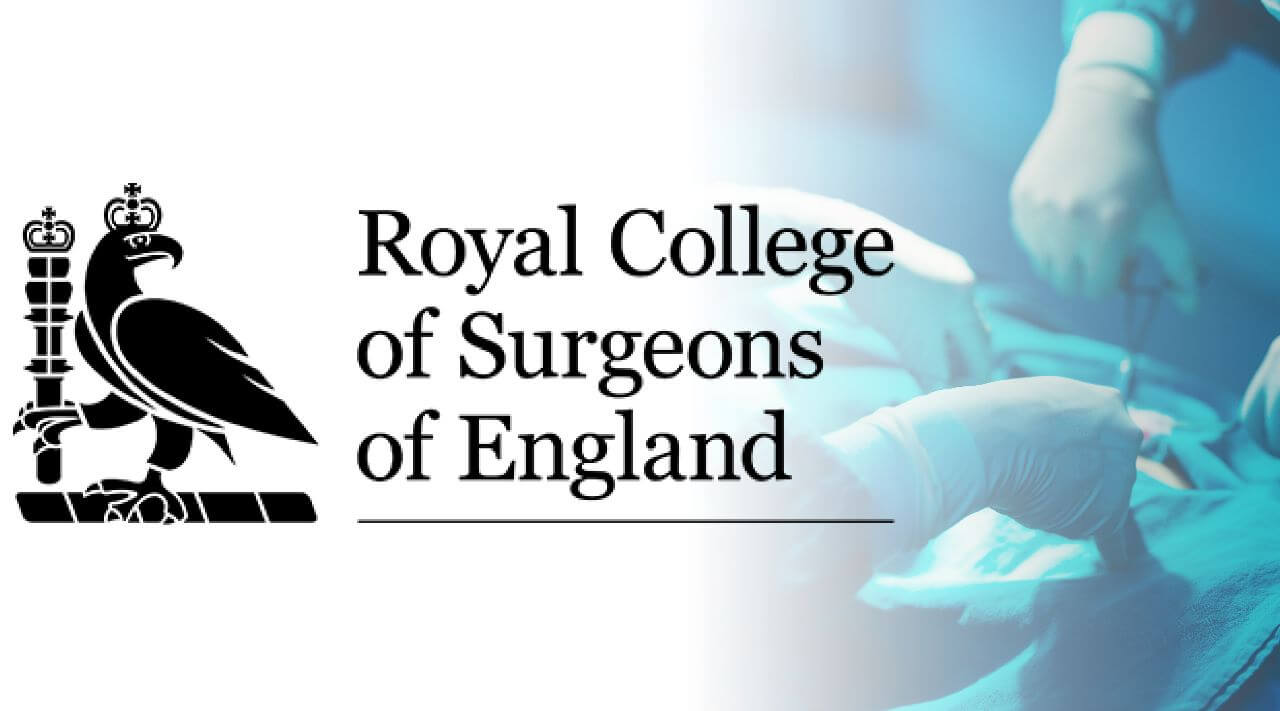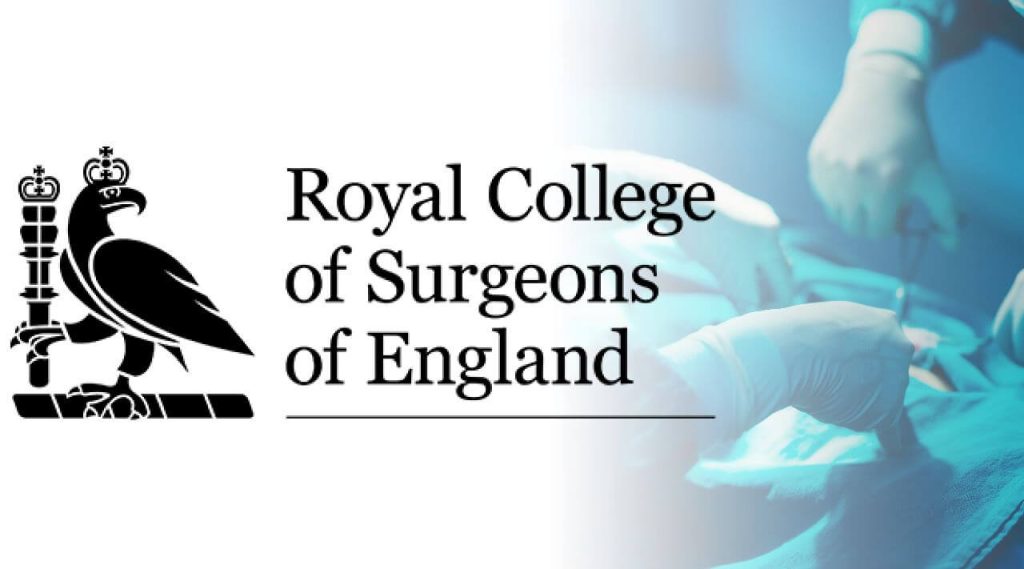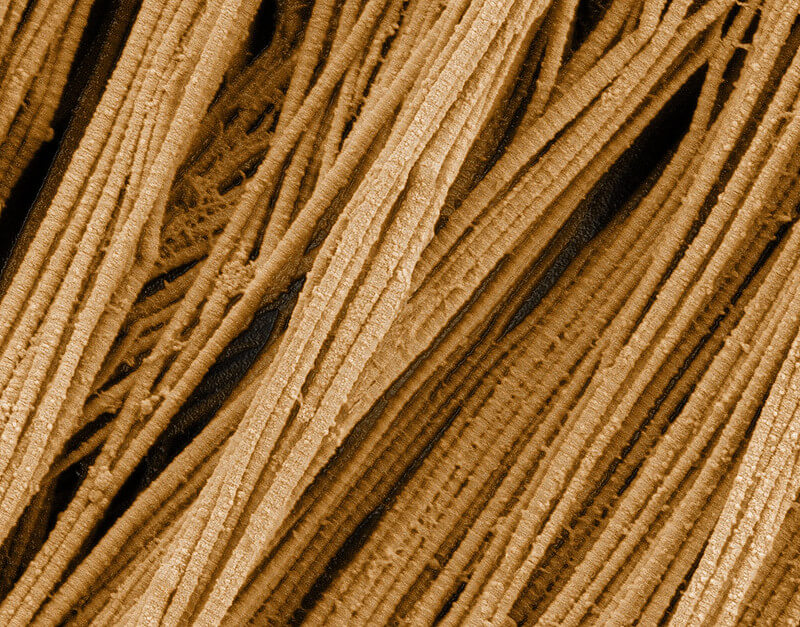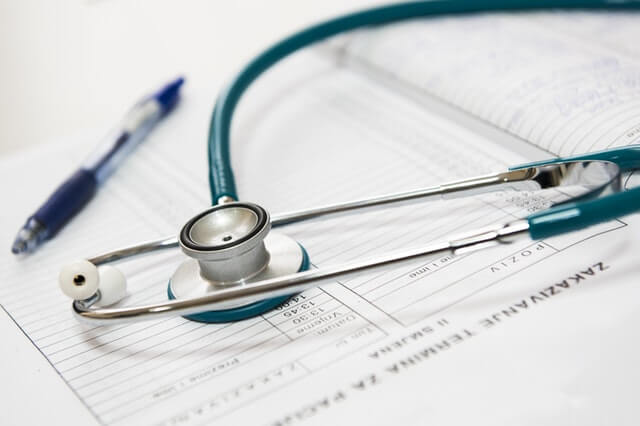Exam and Results
Exam date: September 12, 2023
Result date: October 5, 2023
Attempt: First
Background: Recently passed PG in Orthopedics and Trauma from Nepal
Maximum possible score overall: 299 (1 question was cancelled)
Overall score required to pass: 200 (66.8%)
Score obtained: 250 (83.6%)
Application
- Create an account on RCSEng, RCSEd , RCPSG or RCSI.
- Enter the required details and book the examination (a valid debit card, credit card or mastercard is required).
- After you book the exam, send the scanned copy of your certificates on the email ID provided.
- After few weeks, Pearson-vue will send you an email with Login ID and password.
- Book the center as soon as possible as they are likely to be occupied very fast and the location convenient to you may not be available if you are late.
Preparation
Preparation time: 3 months of relaxed preparation along with the job
Study materials used:
- eMRCS (Online subscription):
- Has 2000+ mcqs with explanations
- Did all MCQs twice
- Repeated wrong ones again each time
- Made notes and saved pictures on it and reviewed on the day before exam
- Reda Notes:
- Content is very much similar to eMRCS explanations with relevant figures added
- Read it twice
- Fawzia sheet:
- Went through it once just a day before the exam
- Recalls:
- Used MRCS recalls android app (went through previous 2 recalls just a day before exam)
Study materials that could be helpful:
- Focusing more on recalls: I completely ignored the recalls. Many answers in the MRCS recalls app are wrong. Search the correct answers yourself from the questions available there.
- Pastest: If I had more time for preparation, I would have also gone through the pastest online subscription which many examinee have claimed to be more difficult and more similar to the real exam.
- I didn’t study any textbooks (don’t know how much helpful it could be). I hadn’t joined any courses (could be helpful).
Exam experience
- Test was conducted online in a Pearson-vue center
- You need to take an identity card (preferably passport) along with you
- A locker will be provided where you can store your bag along with mobile phones and watches
- Maximum 1 hour break between Paper 1 and Paper 2 during which you can eat and revise
- Allotted time for Paper 1 was 3 hours which was more than enough
- Allotted time for Paper 2 was 2 hours which I finished just a minute before the end of time (might be difficult to finish on time)
- You can mark the confusing questions and re-look at them at the end
- Commonly tested topics were:
- Nutrition in surgical patients
- A lot of X-rays – bowel obstructions, foreign body, pharyngeal pouch, diaphragmatic hernia, etc.
- Nerves related to psoas major muscle
- Dermatomes and myotomes
- Fluid and electrolytes
- A lot of questions on benign and malignant breast conditions
- A lot of questions related to ABGs
- Don’t forget to study the lymphatic drainage of abdominal and pelvic organs
Breakdown of maximum possible scores:
1. Applied Basic Sciences (ABS) paper, i.e. Paper 1:
- Maximum possible score: 180
- Anatomy: 75
- Physiology + Pharmacology: 55
- Pathology + Microbiology: 45
2. Principles of Surgery in General (PoSG) paper, i.e. Paper 2:
- Maximum possible score: 119
- Common surgical conditions: 48
- Perioperative management: 33
- Trauma: 27

He is the section editor of Orthopedics in Epomedicine. He searches for and share simpler ways to make complicated medical topics simple. He also loves writing poetry, listening and playing music. He is currently pursuing Fellowship in Hip, Pelvi-acetabulum and Arthroplasty at B&B Hospital.




